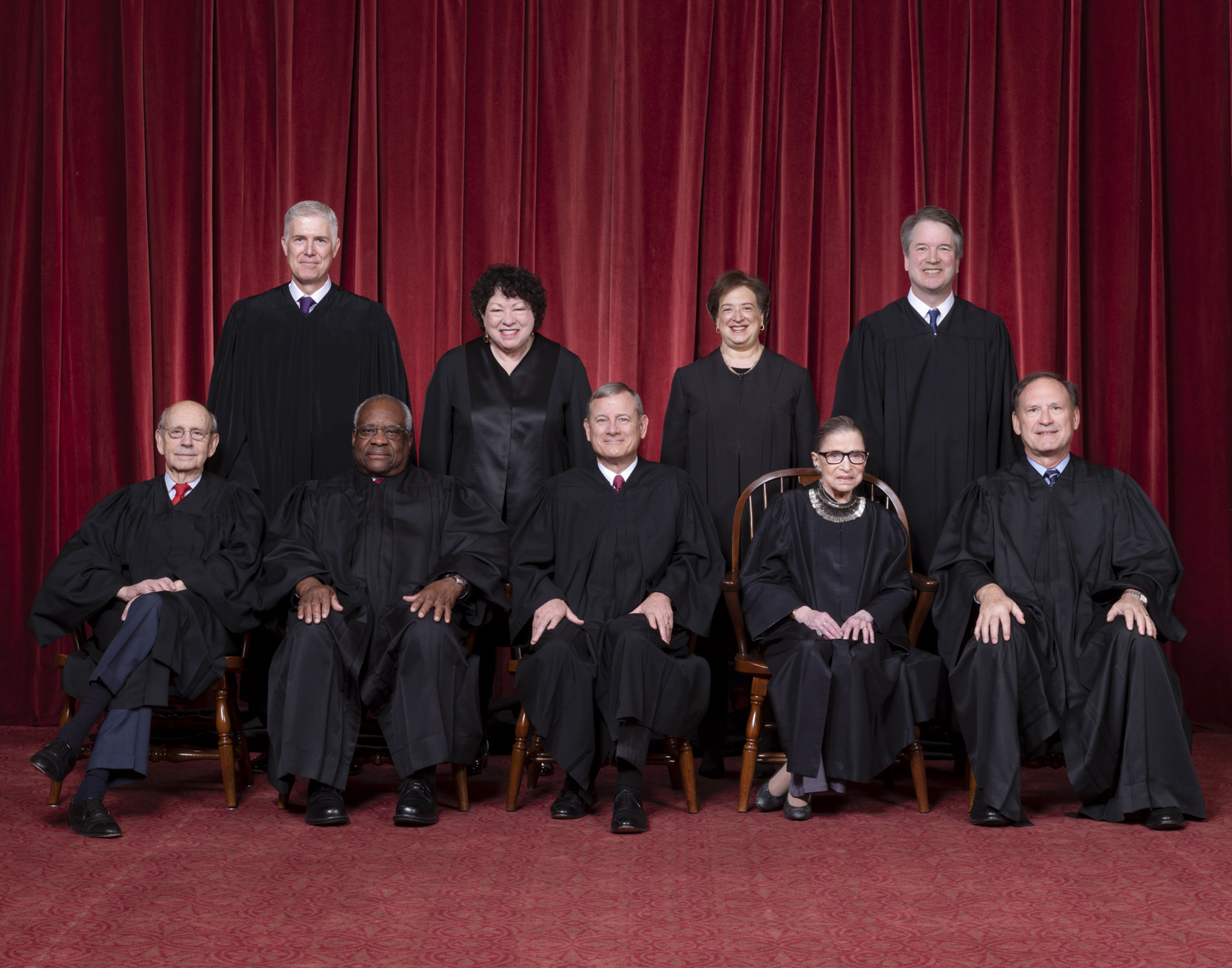This case is a big win for the movement for open access to law. This movement runs parallel with the movement to make scholarly and scientific publications open access. I wrote about the relationship between these two movements in my article, The Movement for Open Access Law, and this case represents a big step forward. Kudos to Carl Malamud and the attorneys who represented him for having the courage of their convictions.
We discussed how this case might be decided as part of the Program on Information Justice and Intellectual Property's series: Intellectual Property at the Supreme Court. Our panelists in the discussion of this case, agreed that it would be close -- and it was.
Summary
The Code is a compilation of statutes enacted by the state government along with annotations, such as descriptions of court decisions interpreting these statutes. The work of creating this compilation is done by a publisher, now Lexis, under a work-made-for-hire contract with the Code Revision Commission, which acts on behalf of the legislature.Public.Resource.org is the brainchild of Carl Malamud, a longtime advocate for making public domain resources, the law in particular, available for free on the Web. Public.Resource.org published copies of the Code, and Georgia sued for copyright infringement.
In a 5-4 decision, the Court held that there is no copyright in the Code because it was created by an arm of the legislature acting in its official capacity. In this capacity, it is a representative of the people, and therefore there is no "author" of the work in the way the Copyright Act conceives of authorship.
Background
Publishing legal resources has long been a lucrative business. Lawyers need access to the law to do their jobs after all. Copyright infringement lawsuits in legal publishing are hardly new. In fact, the reasons the Court chose to decide this case on the grounds of authorship lie in a trio of cases from the 19th Century involving publications of court decisions. Official reporters were tasked with compiling and publishing judicial decisions. Many also added their own annotations to these decisions.Those cases established a few principles that everyone in the case agreed with:
- Reporters who publish court cases could not own a copyright in the decisions they publish even if the judges purported to give them copyright. Wheaton v. Peters, 33 U.S. (8 Pet.) 591 (1834).
- The reason the reporters don't own copyright is that judges are not the authors of anything written in their official capacity, including their opinions and annotations that they may create. Banks v. Manchester, 128 U. S. 244 (1888).
- Reporters who publish court cases are the authors of any annotations to court decisions that the reporter creates as long as those annotations do not have the "force of law" (i.e. are the editorial opinions of the reporter but are not considered part of the judge's decision). Callaghan v. Myers, 128 U. S. 617 (1888).
The Court's reasoning
The tricky aspect of this case is that the annotations created by the Code Revision Commission are part of the Official Code of Georgia.The Court could have resolved this case in one of three ways.
The Court could have held that once a text becomes law, whatever copyright may have existed in that text merges with either the fact that it is the law or the idea of the law. Under copyright's merger doctrine there either is no more copyright to be enforced or the copyright becomes unenforceable because that would be the equivalent of protecting facts or ideas.
The Court could have accepted Georgia's argument that only texts that have the "force of law" are without copyright and the annotations, while part of the Code, do not have the force of law.
The Court appears to have chosen to ground its decision on the lack of authorship in works created by judges and legislators in their official capacity for two main reasons.
First, the rule resonates with the reasoning of 19th Century cases, and, in this context at least, the Court wanted to reaffirm its precedents.
Second, the rule is fairly straightforward to apply. It is much easier to identify works created in a judges' or legislator's official capacity than it is to identify which works have the force of law.
There may be edge cases, of course. Some politicians use their "personal" social media accounts as de facto official publications. Those are likely to be covered by the rule in this case. But, what about social media accounts for which the content is 70% personal and 30% official? That may require the kind of parsing the Court was hoping to avoid.
What's Next?
The next issue with respect to copyright and the law is model building codes and other industry standards that are enacted into laws or regulations. The First and the Fifth Circuits have held that once the text becomes "law" the text loses its copyright because the law cannot be covered by copyright, the copyright merges with the fact that the text is the law, or that the Due Process clause gives the public a right to access the laws by which they are governed. See Veeck v. Southern Building Code Congress Int'l, Inc., 293 F.3d 791 (5th Cir. 2002) (en banc).The same issue is now pending in the Second Circuit. Upcodes is a web publisher of building codes that has been sued by the International Code Council (ICC) for publishing model codes that have been enacted into law. Public.Resource.org also has been sued for doing the same thing in American Society for Testing and Materials et al. v. Public.Resource.Org, Inc. among others. Both sides argue that the Court's decision in this case strengthen's their position. We shall see.

No comments:
Post a Comment